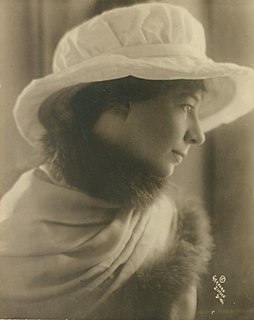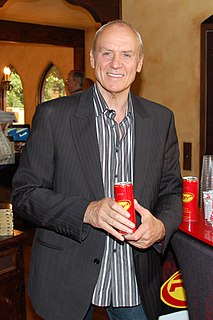A Quote by Joseph Addison
Persons in great stations have seldom their true character drawn till several years after their death. Their personal friendships and enmities must cease, and the parties they were engaged in be at an end, before their faults or their virtues can have justice done them. When writers have the least opportunities of knowing the truth, they are in the best disposition to tell it.
Related Quotes
The persons whom you have idolized can never, in the end, be ungrateful, and, probably, at the time of retreat they still do justice to your heart. But, so long as you must draw persons too near you, a temporary recoil is sure to follow. It is the character striving to defend itself from a heating and suffocating action upon it.
We put pride into everything like salt. We like to see that our good works are known. If our virtues are seen, we are pleased; if our faults are perceived, we are sad. I remark that in a great many people; if one says anything to them, it disturbs them, it annoys them. The saints were not like that - they were vexed if their virtues were known, and pleased that their imperfections should be seen.
We writers – and especially writers for children, but all writers – have an obligation to our readers: it's the obligation to write true things, especially important when we are creating tales of people who do not exist in places that never were – to understand that truth is not in what happens but what it tells us about who we are. Fiction is the lie that tells the truth, after all.
Maybe it’s not, in the end, the virtues of others that so wrenches our hearts as it is the sense of almost unbearably poignant recognition when we see them at their most base, in their sorrow and gluttony and foolishness. You need the virtues, too—some sort of virtues—but we don’t care about Emma Bovary or Anna Karenina or Raskolnikov because they’re good. We care about them because they’re not admirable, because they’re us, and because great writers have forgiven them for it.
The guys that write Once Upon a Time were major writers on Lost, and we had lunch when I started on OUAT and the first thing I said to them was, "I spent five years on Lost, you have to tell me, was my character good or bad?" They looked at me and said, "We have no idea." That's why you have to make your own backstory. I decided Widmore was the evilest of the evil, but in the end, not even the writers knew.
He who seeks truth must be content with a lonely, little-trodden path. If he cannot worship her till she has been canonized by the shouts of the multitude, he must take his place with the members of that wretched crowd who shouted for two long hours, "Great is Diana of the Ephesians!" till truth, reason, and calmness were all drowned in noise.
Fiction writers, at least in their braver moments, do desire the truth: to know it, speak it, serve it. But they go about it in a peculiar and devious way, which consists in inventing persons, places, and events which never did and never will exist or occur, and telling about these fictions in detail and at length and with a great deal of emotion, and then when they are done writing down this pack of lies, they say, There! That's the truth!






































